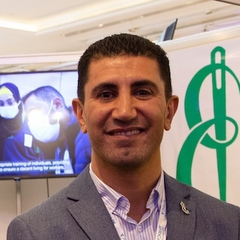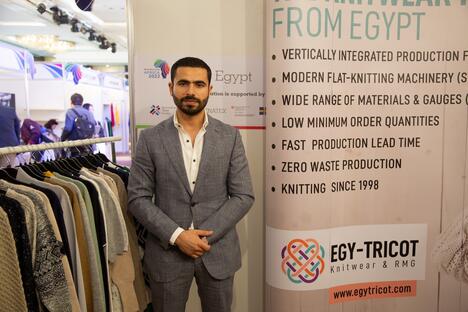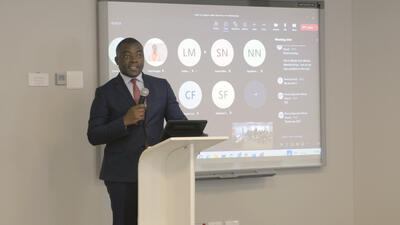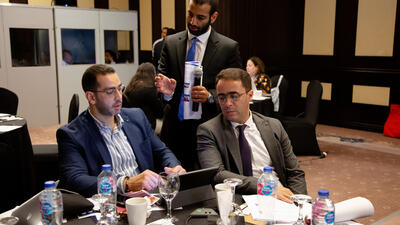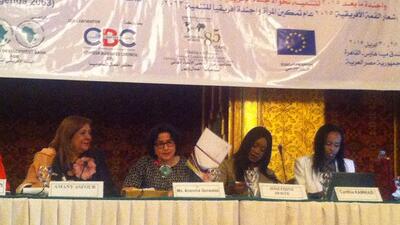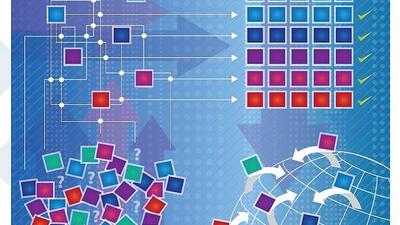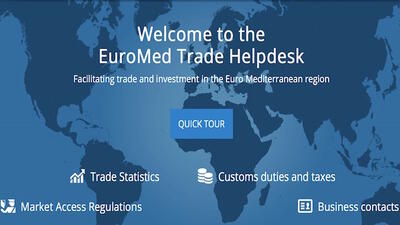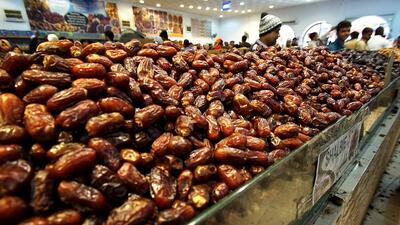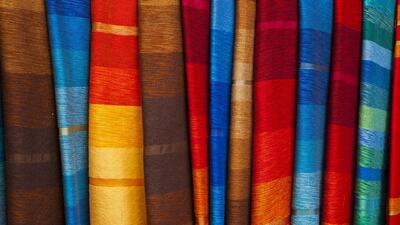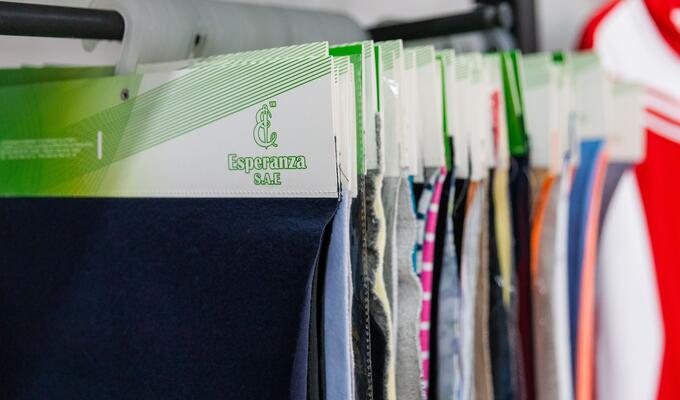
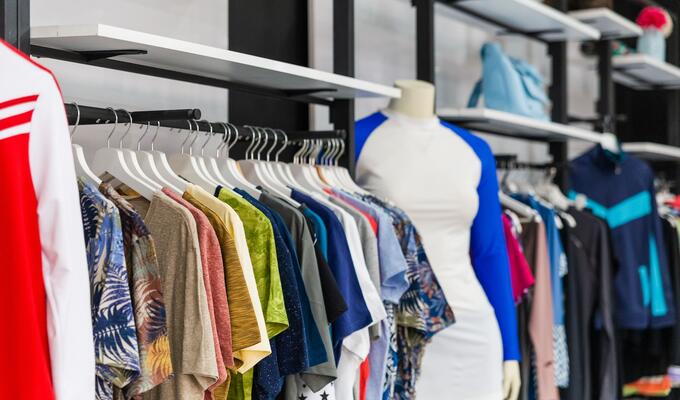
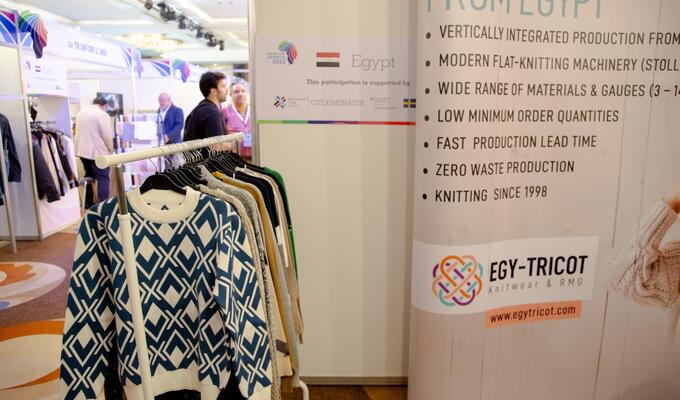
Threads of connection: Egyptian textiles grow with local links
Egypt grows cotton, weaves textiles and produces ready-to-wear clothing. Navigating that landscape can be challenging for small businesses. Here’s how local companies working with ITC forged ties that benefitted them all.
Mohamed Mossad runs Egy-tricot, which makes ready-to-wear knitwear. Through the GTEX/MENATEX programme, he met Mohamed Magdy, the executive director of Esperanza textiles. The two businesses could see each other purley as competitors. Esperanza knits and dyes fabrics, but also makes ready-to-wear clothing.
Instead, they looked at ways to collaborate and do business together.
Mossad needed Egyptian cotton yarn for one of their products – yarn that Esperanza produces.
Esperanza introduced Egy-tricot to North American customers. Now Mossad’s company weaves fabrics with yarn produced by Magdy’s company. That clothing became part of Mossad’s first order sent to the United States. Through the networking offered by GTEX/MENATEX, he addressed a crucial supply chain requirement and expanded his business.
Magdy sees this as a benefit to overseas customers. By connecting buyers with other reputable suppliers in Egypt, he believes he’s growing the market for his country’s products.
Esperanza also forged new ties with Egyptian sportwear company ChampsLand. Both participated in the programme, and as a result of that connection, ChampsLand now buys fabrics from Esperanza.
These local linkages are essential for retaining value and resources within the country. By sourcing raw materials locally, Egyptian companies create new business opportunities.
Working together, both Mossaad and Mohamed recognize the value of a well-connected supply chain and the importance of supporting local manufacturers to keep buyers engaged in the market.
Mossad said GTEX/MENATEX was pivotal in establishing a sustainable network of textile companies in Egypt, with promising business opportunities arising through these connections.
‘Those contacts you keep for life,’ he said.
‘GTEX/MENATEX created a healthy collaborative environment in recent years among the programme's members,’ Magdy added. ‘It is a model that deserves broader attention and application in this industry. Competitiveness among local manufacturers should not hinder collaboration in know-how, connections, and technical updates.’
Through this collaborative effort, Esperanza and Egy-tricot have developed a mutually beneficial relationship that ensures timely access to raw materials and components, as well as business opportunities. This collaboration streamlines production schedules and promotes Egyptian-manufactured products to potential buyers.
Encouraging local linkages between small businesses is a crucial step towards realizing the full potential of Egypt's textile sector. The project aims to establish a knowledge-sharing platform and build a sustainable community for small and medium-sized businesses in the textile and clothing industry.
By forging connections across different stages of the value chain, this network allows for collaboration and support among members.




